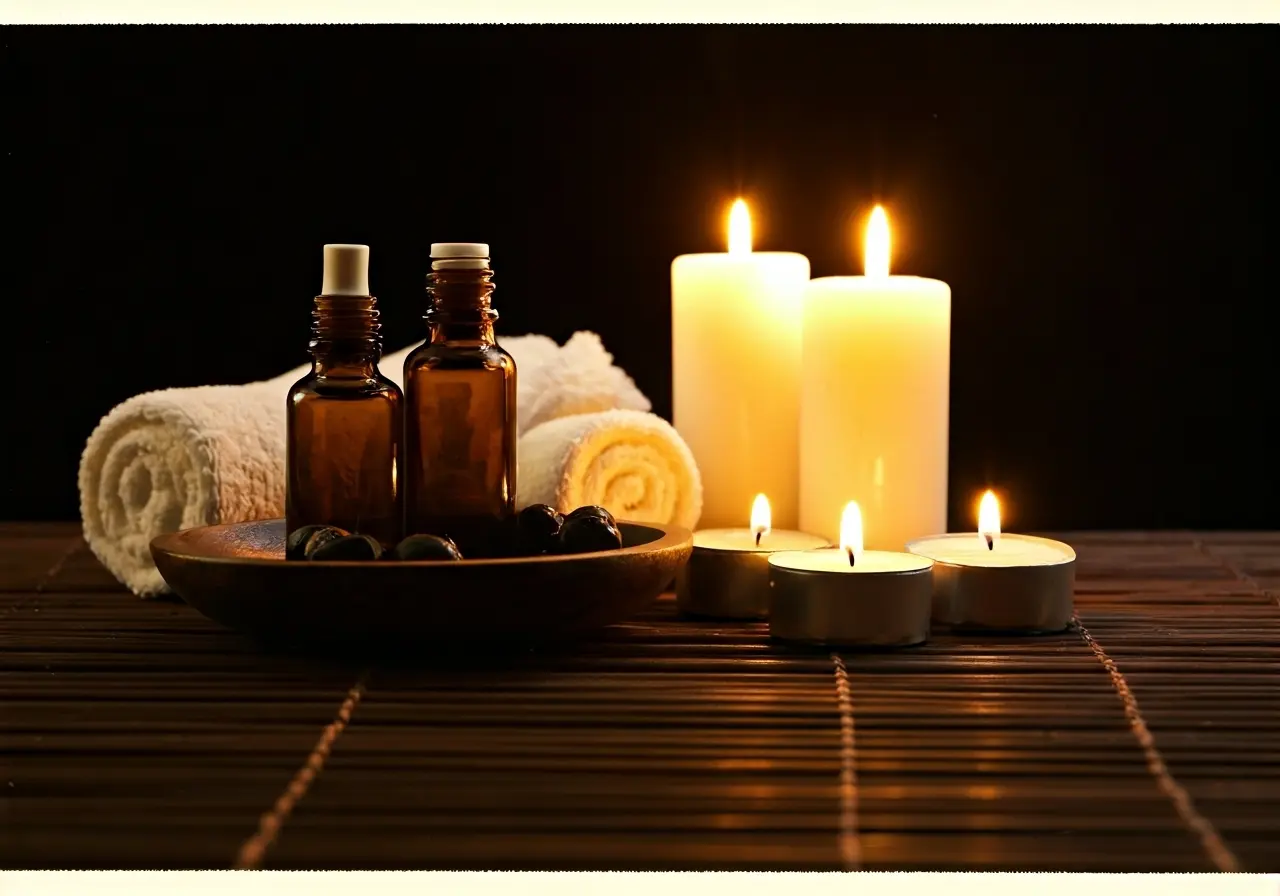Polycystic Ovary Syndrome (PCOS) can be a challenging condition to manage, but a thoughtful self-care routine can make a world of difference. Here are some nurturing rituals that can support your journey to better health and wellbeing.
1. Daily Mindful Meditation Practices
Meditation can help in reducing stress levels and regulating hormones. Even a few minutes each day can offer profound benefits for PCOS. Start by dedicating a quiet corner in your home for meditation, free from distractions. Close your eyes and focus on your breath, allowing thoughts to pass without judgment. Consistent practice may reduce cortisol levels, a stress hormone linked with PCOS symptoms.
For those new to meditation, guided meditations can be a wonderful starting point. Such resources provide step-by-step instructions and help maintain focus, making it easier to integrate into your daily life.
2. Nourishing Your Body with Balanced Meals
Focus on meals that balance your blood sugar levels and incorporate plenty of fruits, vegetables, lean proteins, and healthy fats. This approach not only supports hormone balance but also helps maintain a healthy weight. Foods rich in omega-3 fatty acids, such as salmon and flaxseeds, can be particularly beneficial in reducing inflammation and improving insulin sensitivity.
Consider incorporating fiber-rich foods to aid digestion and promote feelings of fullness, which can help manage weight. Look for high-quality carbohydrates like quinoa or brown rice, and be mindful of portion sizes. Familiarize yourself with the glycemic index of foods to better understand their effect on blood glucose levels.
If the task of meal planning feels daunting, explore joining a supportive community such as a PCOS-specific support group, where ideas and recipes are often shared. Connecting with others can provide motivation and inspiration on your journey to better health.
3. Regular Gentle Exercise
Activities like yoga, walking, or swimming can help manage weight, improve mood, and enhance insulin sensitivity. Low-impact exercises are ideal for those with PCOS as they reduce the risk of injury while still providing cardiovascular benefits. Yoga, in particular, has been shown to significantly reduce androgen levels and improve menstrual regularity.
Aim to incorporate physical activity into your daily routine by simply moving more throughout the day. For example, opt for stairs over elevators or engage in short walking breaks to boost your mood and energy levels. The key is to find activities that you enjoy and can consistently integrate into your lifestyle.
4. The Power of Herbal Teas
Herbal teas like spearmint or chamomile can soothe inflammation and provide a calming ritual. Studies suggest that regular consumption of spearmint tea may help reduce testosterone levels in women with PCOS, potentially decreasing symptoms such as hirsutism and acne.
Create a soothing tea ceremony for yourself; it’s a simple way to unwind after a busy day. Not only will it contribute positively to your hormonal health, but it also acts as a mental cue to slow down and decompress.
5. Prioritizing Quality Sleep
Good sleep hygiene supports hormone balance. Aim for a regular sleep schedule and a restful environment. Establishing a bedtime routine opens the door to better sleep. Limit screen exposure in the
hours leading up to bedtime and consider reading a book or listening to soothing music, which can enhance relaxation. If sleep issues persist, it’s worthwhile to evaluate factors such as room temperature, bedding comfort, and overall sleeping environment.
6. Journaling for Emotional Wellbeing
Writing about your feelings can help process emotions, track symptoms, and uncover patterns related to your PCOS. Keeping a journal of both physical symptoms and moods enables you to recognize triggers or stressors that may exacerbate your condition. Reflecting on entries can offer insights into lifestyle adjustments that promote improved health.
Remember, there’s no right or wrong way to journal. Whether using bullet points for quick symptom tracking or adopting a narrative style to explore deeper emotions, your journal is a personal tool tailored to meet your unique needs.
7. Exploring Aromatherapy Benefits
Essential oils like lavender or clary sage can promote relaxation and help alleviate stress. Aromatherapy is a natural complementary approach that has been embraced for centuries due to its calming and uplifting effects.
Diffusers can disperse the calming scent of essential oils throughout your living space, creating a tranquil environment conducive to relaxation. Alternatively, a few drops of essential oils can be added to a warm bath as a soothing end to your day. Always ensure you’re using high-quality oils and following recommended safety guidelines.
8. Staying Hydrated for Optimal Health
Hydration plays a key role in maintaining your body’s balance and supporting metabolic processes. Water aids in digestion, nutrient absorption, and helps regulate body temperature. It’s particularly beneficial for those managing PCOS as it can assist in reducing glucose levels and enhancing energy.
Carrying a reusable water bottle encourages consistent hydration throughout the day. Infusing water with slices of lemon, cucumber, or berries adds flavor without added sugars, making it more appealing and fun to stay hydrated.
9. Connecting with a Supportive Community
Joining a support group or chatting with others who understand your experience can boost your morale and provide insights. The shared experience creates an environment of empathy and camaraderie that is invaluable when navigating PCOS. Online forums and local meet-ups offer spaces to ask questions, share advice, and celebrate victories together.
Consider joining PCOS advocacy organizations where you can engage in discussions related to the latest research and connect with medical professionals who specialize in PCOS management.
10. Managing Stress with Creative Outlets
Engaging in creative activities like painting, crafting, or music can reduce stress and enhance wellbeing. Immersing yourself in a creative project offers an escape from the pressures of daily life and allows for self-expression that is both therapeutic and rewarding.
Try setting aside time each week to indulge in a creative pursuit that you enjoy. Whether or not you consider yourself creative, experimenting with new forms of art can be a fulfilling hobby and an effective stress management tool.

